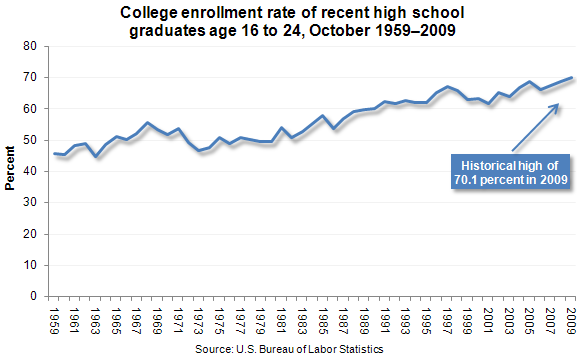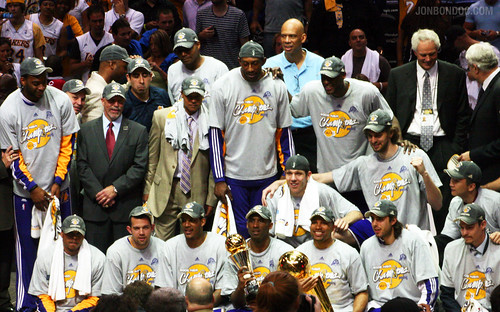However, I am proud of my other posts. I think I've incorporated topics that most people can relate to, whether it's racial supremacy in a sport or the reasons why people lie. I do notice a theme of race in my posts, but I account that to what we have been discussing in class. I think our class discussions inspire me to dig deeper into this sensitive topic and see how it affects our society today, such as how we view colors or examples of racism still existing today.
I do notice that in my later posts I have chosen to incorporate more pictures. Well first, I finally figured out how to put the pictures in my posts. But I also think it adds to the message or topic I'm writing about. It gives a visual to the reader and makes it a little easier to understand the post. Now you have something you can see to place with topic.
I think what most surprised me about my posts was how much more evidence I gave than I originally though I did. For example, from my "How Racist are We?" post, I backed up my claim that our society is more racist than we think by providing three examples. One was "I just want to discuss an article I had read in the New York times. Click here to read. It says that new research discovers 'strong evidence that all-white juries acquit whites more often and are less favorable to black versus white defendants when compared to juries with a least one black member.'" I think it was smart of me to try and find different examples of racism occurring today to back up my argument, instead of just providing one example.
I really do enjoy this weekly blogging. Besides the freedom, I like being able to incorporate things I learned in class to events happening in the world today. It makes the learning more real and substantial. I hope my posts convey that.




